May 26,2023

May 26,2023
2
people found
this helpful
this helpful
In my personal opinion this is a letting agency to avoid. I visited the office a couple weeks ago and there was a full-blown protest outside - apparently they never give back deposits, and a man I spoke to coming out was -also- in dispute with CPS, about the same issue!
A woman I spoke with had money deducted for completely frivolous things, like lightbulbs and curtain hooks, and had been forced out of the property by the rent increasing, which tells you all you need to know about where the money is. The agency has it's own magazine, for pete's sake, and they're printing that off the money they make gouging tenants for normal wear and tear.
According to Joe Lycett, the cleaning company they use is related to the owner, and that wouldn't surprise me either - just paying off their mates to keep the gold flowing into their pockets, and kicking folks out on the street whenever the tap stops. Gross.
A woman I spoke with had money deducted for completely frivolous things, like lightbulbs and curtain hooks, and had been forced out of the property by the rent increasing, which tells you all you need to know about where the money is. The agency has it's own magazine, for pete's sake, and they're printing that off the money they make gouging tenants for normal wear and tear.
According to Joe Lycett, the cleaning company they use is related to the owner, and that wouldn't surprise me either - just paying off their mates to keep the gold flowing into their pockets, and kicking folks out on the street whenever the tap stops. Gross.
Was this helpful?
Yes
Yes
Agent Response / Add a Comment
You can use this form to reply to the above review or a displayed comment on the above review.
Browse popular links for estate agents, letting agents and properties nearby
Latest Reviews
4th Nov 2024
reviewed by 'Joe'
28th Oct 2024
reviewed by 'Leanne'
5th Aug 2023
reviewed by 'Stephen'
26th May 2023
reviewed by 'Clifford Hulf'
23rd Jan 2023
reviewed by 'cRAIG'
2nd Dec 2022
reviewed by 'Horrified guarantor'
Opening Hours
Address
CPS Homes
34 Woodville Road
Cathays,Cardiff
Cardiff County
CF24 4EA
02920668585
Performance statistics
| Services | Valuation Accuracy | Fees Satisfaction | Min Price of property reviewed | Max Price of property reviewed |
|---|---|---|---|---|
| Lettings | 88% | 78% | £300 | £2,800 |
Review statistics
| From Landlords | From Tenants | From Vendors | From Buyers | Other | |||||
|---|---|---|---|---|---|---|---|---|---|
| 6 | 0 | 14 | 11 | 0 | 0 | 0 | 0 | 0 | 4 |
Areas covered
Services offered
- Sales
- Lettings
- Block Management
- Surveys
- Conveyancing
- Mortgage Advice
- Home Builder
Advertise on
Members of

Rankings
Overall
Overall
Latest Properties
No Properties
Nov 04,2024

Nov 04,2024
0
people found
this helpful
this helpful
Do not even think about renting a property with them - they were not very nice and try to rush you into a contract that you don't want...
read full review
read full review
Was this helpful?
Yes
Yes
Nov 05, 2024
View all comments
(1)
Hi Joe,
Thank you for sharing your feedback. We’re sorry that your experience with CPS Homes hasn’t been a positive one, as we always strive to provide an open, supportive experience for all prospective contract-holders (tenants).
To clarify our process:
1. We’re committed to finding the best fit for each prospective contract-holder, and many clients take time to view multiple properties with us to ensure they’re happy with their choice. It’s not unusual for us to show up to 1 ...
Oct 28,2024

Oct 28,2024
0
people found
this helpful
this helpful
I would strongly advise against renting through CPS Homes. Our experience has been a complete disaster.
First of all the property was handed over to my son in an appalling state. There were multiple issues, including how filthy the house was for a start, faulty ...
read full review
read full review
Was this helpful?
Yes
Yes
Oct 28, 2024
View all comments
(1)
Dear Leanne,
Thank you for your review. We’re sorry that your experience with CPS Homes hasn’t been a positive one. We’ve reached out to you via Trustpilot’s private messaging platform in order to ascertain which property your soon rented through CPS Homes and when, so that we may look into your comments and respond in detail.
Commenting more broadly until we get that information, we do carry out an inspection prior to each tenancy started and, if needed, instruct a local contracto ...
May 26,2023

May 26,2023
2
people found
this helpful
this helpful
In my personal opinion this is a letting agency to avoid. I visited the office a couple weeks ago and there was a full-blown protest outside - apparently they never give back deposits, and a man I spoke to coming out was -also- in dispute ...
read full review
read full review
Was this helpful?
Yes
Yes
May 26, 2023
View all comments
(1)
Hi Clifford,
Thank you for your review.
To alleviate your concerns, the deposit claim that you refer to was settled by the Deposit Protection Service’s (DPS’) Alternative Dispute Resolution team, which is the dedicated process if a settlement cannot be found between landlord and contract-holder. We provided the DPS with all the evidence we were required to provide for the claim made on behalf of the landlord, and they later paid the landlord the total sum claimed.
Occupation contrac ...
Jan 23,2023
0
people found
this helpful
this helpful
The service from CPS Homes Cardiff has been excellent so far. As a new and relatively inexperienced landlord, our property advisor Florence Bailey has been on hand to walk us through the process in a very professional and courteous manner. Florence has responded to our ...
read full review
read full review
Was this helpful?
Yes
Yes
Dec 02,2022

Dec 02,2022
0
people found
this helpful
this helpful
If you are planning on being a guarantor for one of their tenancies, you should be aware that your liability is unlimited, and they may claim against your own home.
This is what they had to say when asked "There isn’t a maximum amount ...
read full review
read full review
Was this helpful?
Yes
Yes
Dec 07, 2022
View all comments
(2)
Based on your comments above about minor damages, I'm unsure why your guarantor agreement states several times that the guarantor must be a homeowner. You wrote in your email to me "One of the requirements is a home owner guarantor due to if the guarantor and tenants didn't respond to the arrears or outstanding charges as a last resort it would be court action and claim against the property."
I asked twice for proof of landlord insurance and was told that it wasn't mandatory and was up to the ...
Oct 25,2022
0
people found
this helpful
this helpful
I recently rented a flat through CPS homes,
Rhiannon Hughes was in charge of my letting contract. I needed to move in less than a 1 week and Rhiannon made everything smooth. Indeed in 2 days she prepared everything (checked my refs, prepared the contract...)
She is ...
read full review
read full review
Was this helpful?
Yes
Yes
Sep 15,2022
0
people found
this helpful
this helpful
Needed a place with specific requirements and received amazingly helpful service in finding a place. In a difficult market CPS were great....
read full review
read full review
Was this helpful?
Yes
Yes
Aug 10,2022
0
people found
this helpful
this helpful
Disgraceful, they put my family through hell during lockdown. 1 Ruthin Gardens Cathay was damp, mouldy rat infested decomposing rats under floorboards and so much more. CPS took weeks to reply ( after leaving messages several times a week ) and simply said " there is NOTHING we can ...
read full review
read full review
Was this helpful?
Yes
Yes
Aug 12, 2022
View all comments
(1)
Hi Dolly,
Thank you for leaving your feedback. I’m sorry that you have felt the need to contact us in this way.
I’ve had a look back through the notes for your son’s tenancy in 2020 and I can see that an issue with rats was reported to us on 17th April, which led to us raising a job for pest control to attend as soon as possible. As you mention in your review, we were in the midst of a COVID lockdown, which meant there were delays in contractors attending properties across the countr ...
Jul 06,2022
0
people found
this helpful
this helpful
Service for New Landlord has been great. Advertised and rented my property in the same day. Has been an easy process so far...
read full review
read full review
Was this helpful?
Yes
Yes
Jun 17,2022
0
people found
this helpful
this helpful
Professional service. Super quick and Easy from.staff to Documents. So please to deal with this company.
When you move home lots of stress but Florence very friendly hight energy help me to get property as quick as she can possible. same with her team.
...
read full review
read full review
Was this helpful?
Yes
Yes
May 30,2022

May 30,2022
0
people found
this helpful
this helpful
We are delighted with the service provided by CPS, regarding the rental of our short-term let apartment . The service from the first viewing through to signing the contract has been so well managed and we have been up-dated with the process at every step. Thank ...
read full review
read full review
Was this helpful?
Yes
Yes
Apr 22,2022
0
people found
this helpful
this helpful
Funmi from CPS was efficient and got the job done although she was quite abrupt to speak to and kept sending important documents to the wrong email despite being repeatedly told the correct email to use (potential GDPR breach). There were some errors in the ...
read full review
read full review
Was this helpful?
Yes
Yes
Apr 20,2022
0
people found
this helpful
this helpful
I have always found CPS very efficient and helpful. Charlotte has been particularly helpful with maintenance issues and the renewal of the HMO license for our property....
read full review
read full review
Was this helpful?
Yes
Yes
Dec 08,2021

Dec 08,2021
0
people found
this helpful
this helpful
I would like to firstly state that I have been with CPS for last 23 years, my properties have always been rented by CPS well before my expectations, and their management is amazing. I have never had issue with any sorts with tenants and CPS. I ...
read full review
read full review
Was this helpful?
Yes
Yes
Aug 16,2021

Aug 16,2021
0
people found
this helpful
this helpful
The maintenance team are nothing but helpful every time I call regarding an issue. Always dealt with in a good timely manner in a professional manner!...
read full review
read full review
Was this helpful?
Yes
Yes
Jul 15,2021
0
people found
this helpful
this helpful
CPS have been my agent for 14 years and their staff are always proactive and helpful and a pleasure to deal with.
They also strive to ensure rental income is a high as possible according to market conditions....
read full review
read full review
Was this helpful?
Yes
Yes
May 19,2021
0
people found
this helpful
this helpful
Swift and efficient customer service from Ellie Quick. Was kind, polite and very helpful in the process from beginning to end....
read full review
read full review
Was this helpful?
Yes
Yes
Apr 16,2021
0
people found
this helpful
this helpful
We had issues in the house resulting in no heating or hot water this evening (17:20). Spoke with Patch. He talked me through how to resolve the issue and offered to come by the house to show us and make sure everything was working right. All ...
read full review
read full review
Was this helpful?
Yes
Yes
Apr 16,2021
0
people found
this helpful
this helpful
My housemates and I were looking for a new house to move into and we found one on the CPS Homes website. We were assisted by Jack Murphy and Hannah Potter through the securing and signing process and both of them were very friendly, kind, ...
read full review
read full review
Was this helpful?
Yes
Yes
Apr 16,2021
0
people found
this helpful
this helpful
Excellent work from Patch Horrocks. I emailed at half 8 in the morning about a maintenance issue and by half 9 he assured me a contractor would be attending to help. Very friendly and swift service and always on my side. Really pleased! Thank you Patch!...
read full review
read full review
Was this helpful?
Yes
Yes
Apr 16,2021

Apr 16,2021
0
people found
this helpful
this helpful
Our email about fixing a flush on our toilet was answered quickly and the job was done to a great standard...
read full review
read full review
Was this helpful?
Yes
Yes
Apr 15,2021

Apr 15,2021
0
people found
this helpful
this helpful
The agent that responded to my maintenance request was very helpful and I am very happy with the quality of service they provided and the response time....
read full review
read full review
Was this helpful?
Yes
Yes
Apr 14,2021
0
people found
this helpful
this helpful
Rented with CPS for the first time this year. Patch was particularly helpful offering guidance both on the phone and in person at the property. He made the process seamless and nothing was too much trouble....
read full review
read full review
Was this helpful?
Yes
Yes
Apr 02,2021

Apr 02,2021
3
people found
this helpful
this helpful
AVOID AT ALL COSTS
Refused to acknowledge issues at property despite clear damp issues. Finally sent out a external contractor who confirmed serious issues. Still waiting on property to be repaired, issue now with Environmental Health and The Property Ombudsman.
Just kicking the can down ...
read full review
read full review
Attachments
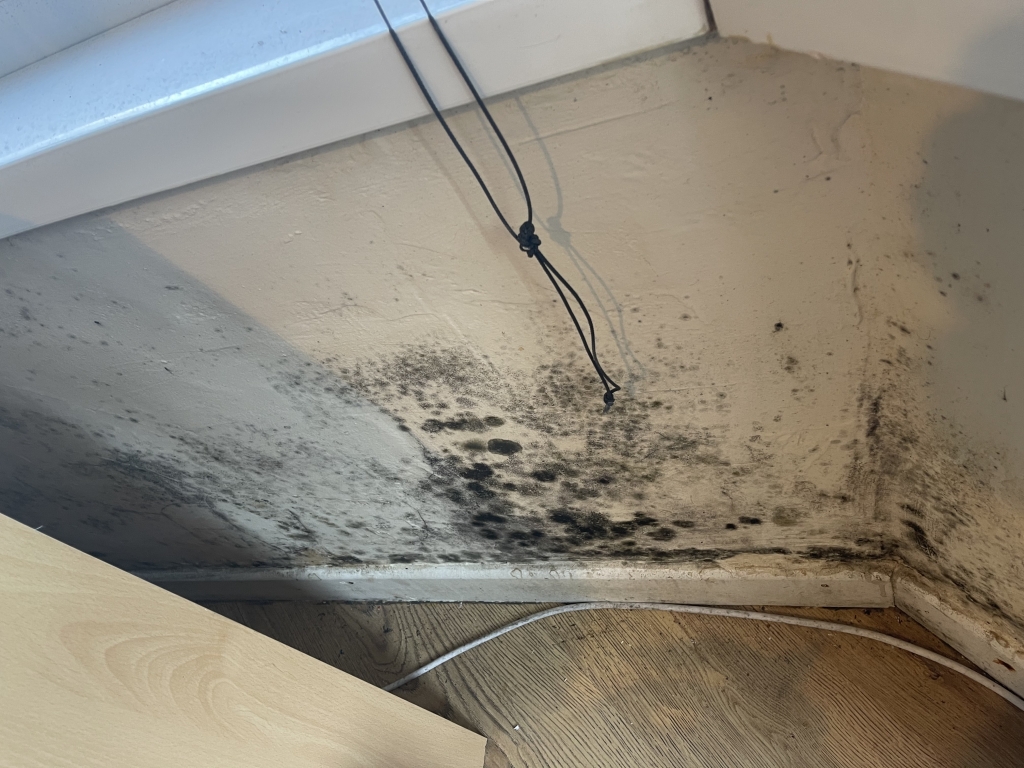
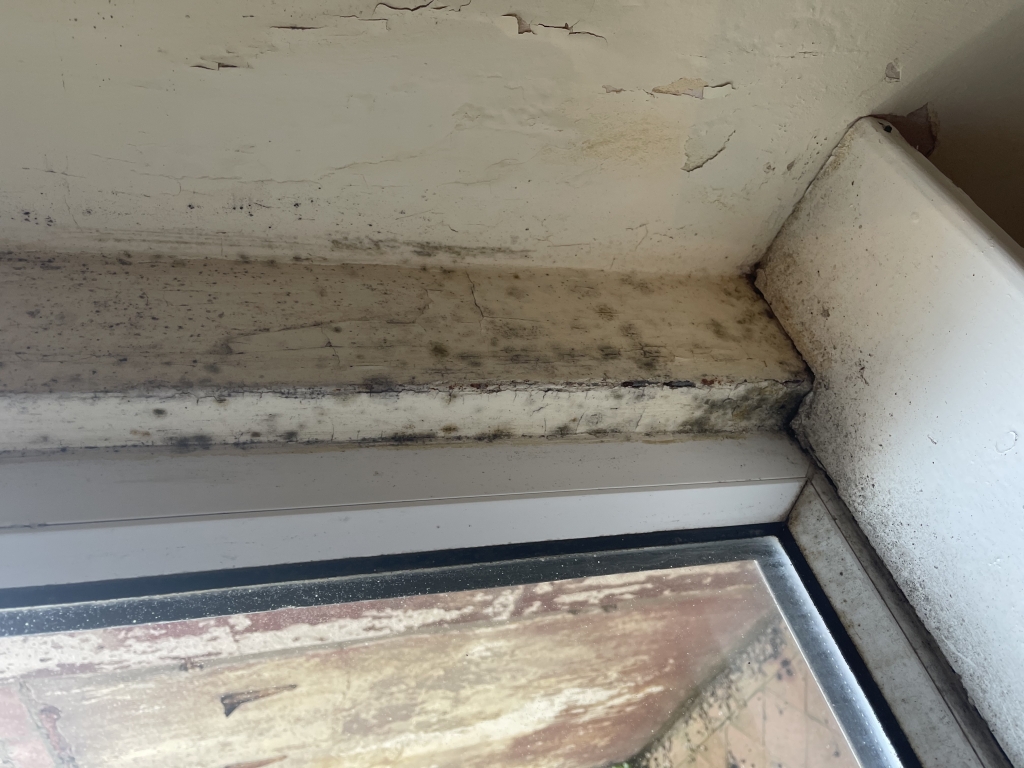
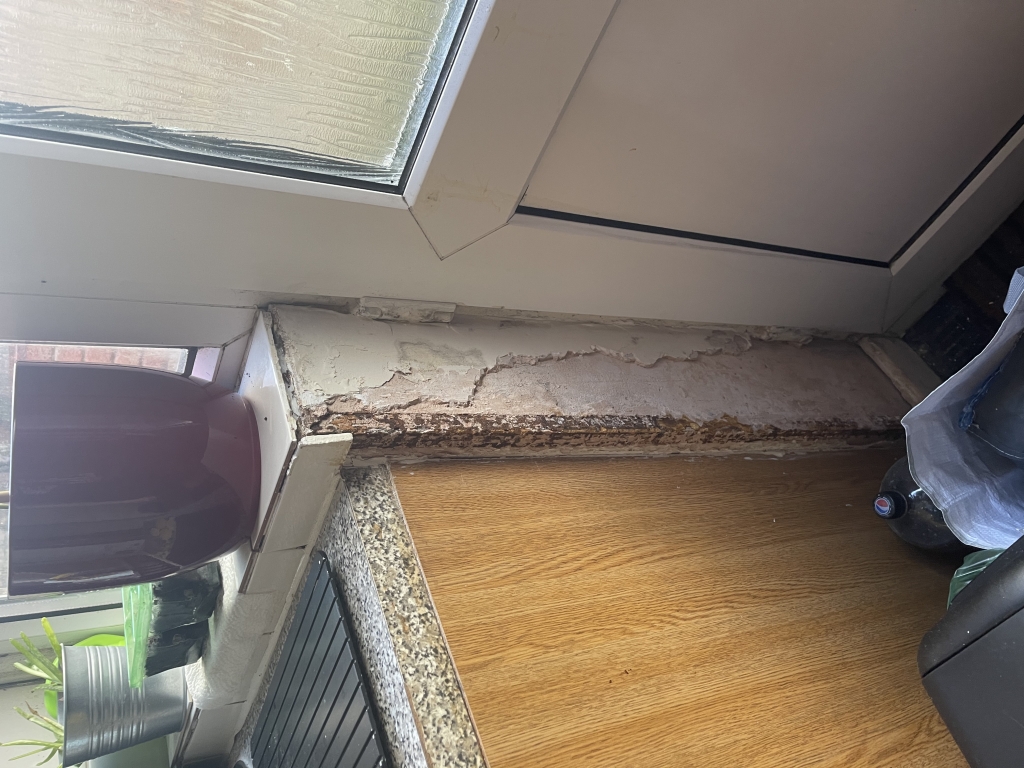


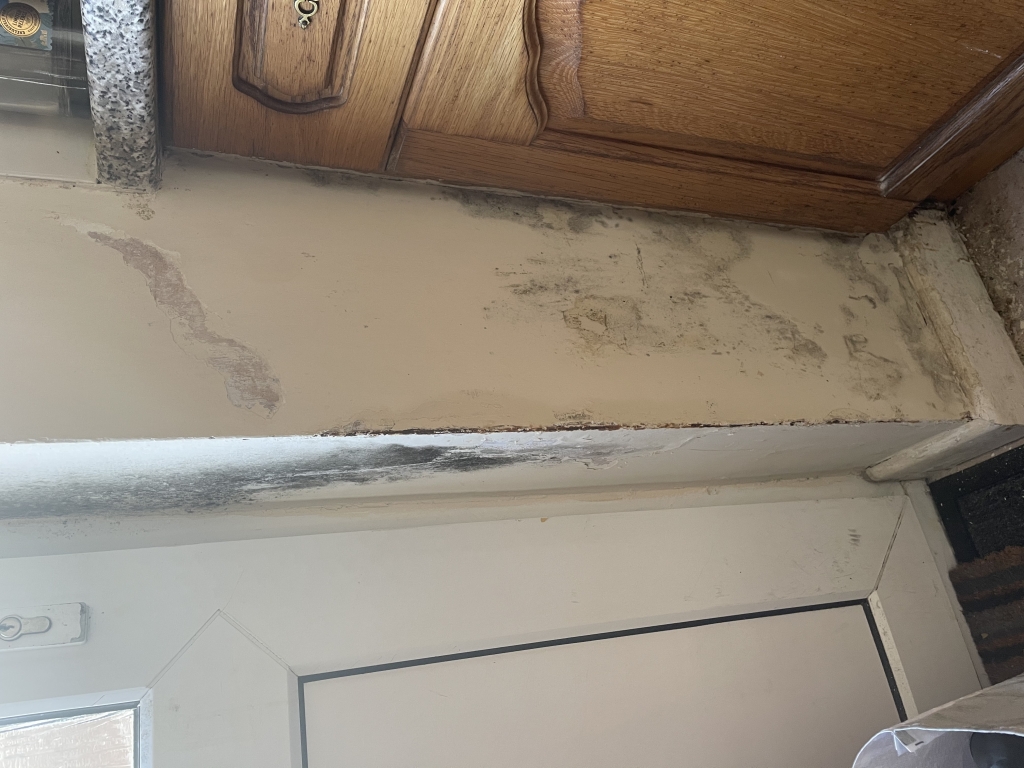
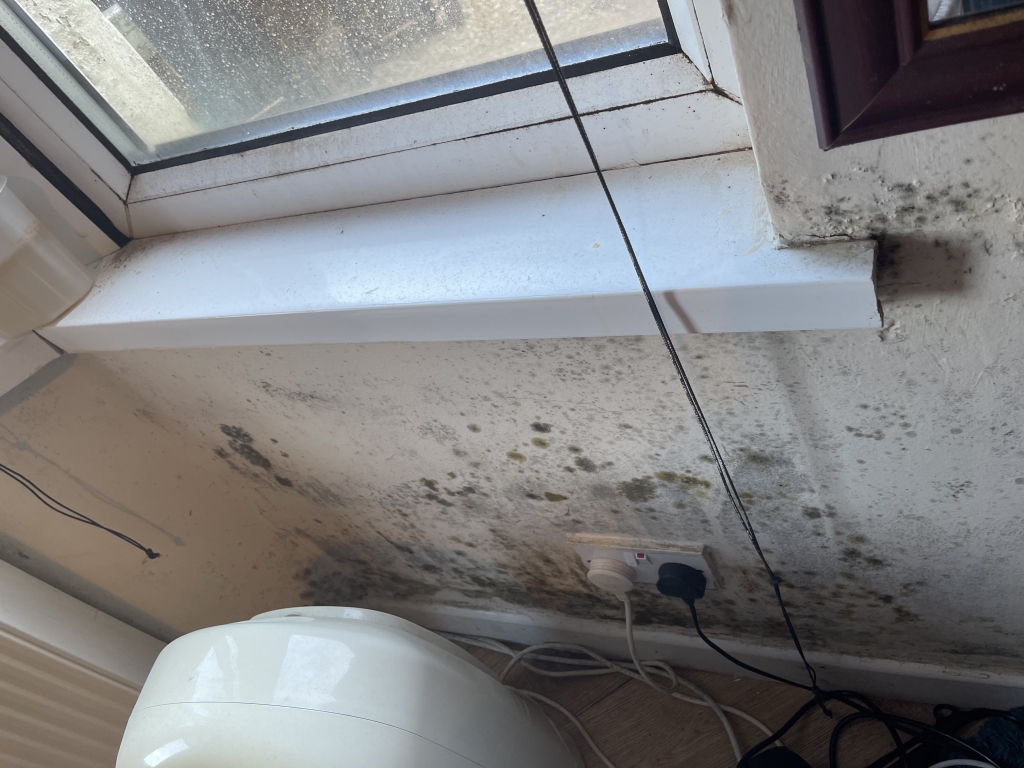







Was this helpful?
Yes
Yes
Apr 07, 2021
View all comments
(1)
Dear Ryan,
Thank you for leaving a review.
We’re sorry that you’ve had a less than positive experience with CPS Homes. We're aware that you are in regular contact with our maintenance team, we visited ourselves yesterday and contractors have visited as recently as today.
Kind regards,
The CPS Homes Team. ...
Mar 23,2021
0
people found
this helpful
this helpful
I was let a house for next year by Cath Taylor. She was so helpful giving me all the information I needed about the house I was looking at and it was a very quick and easy process for me to put down the holding ...
read full review
read full review
Was this helpful?
Yes
Yes
Mar 22,2021

Mar 22,2021
0
people found
this helpful
this helpful
I had a very positive experience with the CPS team. Friendly and professional staff. They helped me with a maintenance issue I had and got it fixed very quickly!...
read full review
read full review
Was this helpful?
Yes
Yes
Mar 19,2021

Mar 19,2021
0
people found
this helpful
this helpful
After seeing oe views i am a bit worried what I got myself into, But so far the help from staff has been excellent really friendly and happy to help, I do worry when we can't view the property that it could be a mess ...
read full review
read full review
Was this helpful?
Yes
Yes
Mar 16,2021

Mar 16,2021
0
people found
this helpful
this helpful
Cps Homes have managed our properties for several years & have always been fantastic. Very professional & hard working team...
read full review
read full review
Was this helpful?
Yes
Yes
Jan 28,2021

Jan 28,2021
0
people found
this helpful
this helpful
My daughter is renting a property from CPS in Cardiff for the 2nd year as a university student. They have been rude and threatening from the outset, sending aggressive texts and emails - and she hasn’t even signed the rental agreement yet (although they ...
read full review
read full review
Was this helpful?
Yes
Yes
Jan 29, 2021
View all comments
(1)
Your feedback is very important to us and we'd like to look into this further as to why you left us a low rating. Could you please email us at [email protected] with the full details so that we can investigate. We hope to hear from you soon so we can resolve your issue as quickly as possible. CPS Homes ...
Aug 11,2020

Aug 11,2020
5
people found
this helpful
this helpful
Trying to rip NHS worker off in a pandemic is disgusting - these guys are sick. Walk away....
Rented a flat on Cardiff Bay for three years. No issues to be fair till it was time to go. Took the flat on with stains on ...
read full review
read full review
Was this helpful?
Yes
Yes
Landlord Fees
*Fully Managed Service*Tenancy set-up fee - 60% (including VAT) of a full month’s rent
Monthly management charge –14.4% (including VAT)
Inventory cost (per tenancy) - £115.20 (including VAT)
Registration of security deposit - £28.80 (including VAT)
Tenancy renewal fee - 30% (including VAT) of a full month’s rent
*Rent Collection Service*
Tenancy set-up fee - 60% (including VAT) of a full month’s rent
Monthly management charge - 12% (including VAT)
Registration of security deposit - £28.80 (including VAT)
Tenancy renewal fee - 30% (including VAT) of a full month’s rent
*Tenant-Find Service*
Tenancy set-up fee - 90% (including VAT) of a full month’s rent
Registration of security deposit - £28.80 (including VAT)
Tenant Fees
Letter re: breach of tenancy - £20 inc VATLate rent charge - From day 8 onwards, a daily charge equivalent to the Bank of England base rate + 3%.
Replacement key(s)/fob(s)/parking permit(s) charge - The actual cost of key(s)/fob(s)/parking permit(s)
Letter re: unreturned key(s)/fob(s) following temporary loan - £15 inc VAT
Missed appointment charge - £50 inc VAT
Call-out as a direct result of tenant action - £40 inc VAT + contractor/tradeperson’s call-out, labour and/or materials charge.
To end fixed-term early and CPS Homes required to find replacement tenant(s) - 60% of a full month’s rent, subject to the agreement of the landlord. This is the equivalent cost a landlord would typically pay for the sourcing and securing of new tenants.
To end fixed-term early and occupants source adequate replacement occupant(s) - £120 up to two occupants, plus £50 for every additional occupant. Subject to the agreement of the landlord. Last updated at 14/07/2021, 11:23 AM by Gemma
Complaints Procedure
No procedure set.
Last updated at 9:27 AM 13/07/2021 by Gemma



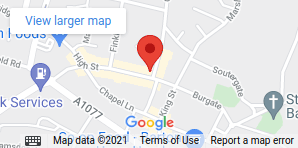

 Best Letting Agent in CF24
Best Letting Agent in CF24
Thank you for your review.
To alleviate your concerns, the deposit claim that you refer to was settled by the Deposit Protection Service’s (DPS’) Alternative Dispute Resolution team, which is the dedicated process if a settlement cannot be found between landlord and contract-holder. We provided the DPS with all the evidence we were required to provide for the claim made on behalf of the landlord, and they later paid the landlord the total sum claimed.
Occupation contracts are between the contract-holder(s) and the landlord. Therefore, if there are ever any proposed deposit deductions to claim for at the end of the tenancy, it is the landlord who chooses to submit this claim. We would much prefer not have to make a claim from a deposit. We don't profit in any way from said deductions, and it's far quicker and easier to return a deposit in full.
Our contract with the landlord stipulates that we will document the condition of the property at the end of the tenancy (as we also do at the beginning of each tenancy), then provide this report to them for their assessment, as – again – being the owner of the property, they are the decision maker. Within the report, we highlight items that we believe are a result of wear and tear, therefore the responsibility of the landlord to make good before any new contract-holders arrive. We also highlight any items we believe to be over and beyond fair wear and tear, which – if substantially different to the condition at the start of the tenancy – he/she may wish to claim from the deposit for. Once the landlord has decided how they wish to proceed, we add comments to the inspection report and send it over to the contract-holder(s) for their perusal. We invite contract-holders to comment on anything noted as being over and beyond fair wear and tear. This demonstrates a transparent, two-way process that is geared towards avoiding any potential deposit dispute. When contract-holders provide their comments, as we always encourage them to do, we revert back to the landlord and attempt to negotiate the deposit return of behalf of both.
We feel it's important to point out that it's not uncommon for there to be a dispute at the end of a tenancy. Quite rightly, contract-holders are keen to receive as much of their deposit back as possible, whereas landlords would like to be compensated for any dilapidation they believe is not a result of wear and tear. So, by virtue of their own standpoints, deposit claims are a contentious matter. Thankfully, the process described earlier in this reply successfully resolves the vast majority of potential deposit disputes before they become protracted, which we think is something that should be commended.
As with any deposit return, if a contract-holder feels a landlord's claim is not justified and a mutual agreement cannot be reached, the deposit scheme that protects the deposit can appoint an unbiased, impartial adjudicator to consider all evidence and make a ruling. We're pleased to say that the vast majority of deposits CPS Homes returns are done so with mutual agreement between landlord and contract-holder, meaning only a small minority require independent adjudication.
Finally, many letting agents are family-run businesses where issuing work to relatives or known acquaintances is commonplace. There is no law or guidance that prevents this. Providing the persons or companies instructed meet the landlord/letting agent's standards, are capable of completing the job asked of them and charge fairly for their time, there is no reason why such work should not be passed their way. In the same respect, some private landlords are builders, plumbers, carpenters etc by trade, so will carry out their own work on properties they own at the end of a tenancy. It is ultimately a landlord's choice as to who carries out the work and we do not believe they should be hamstrung because of their choice of profession.
All the best,
The CPS Homes Team.